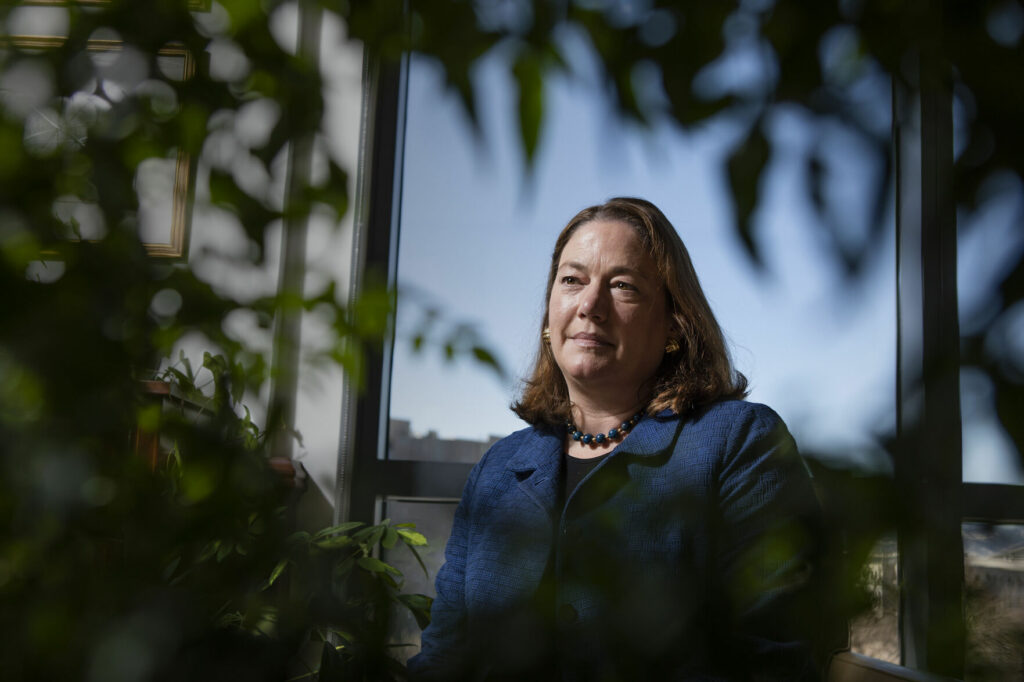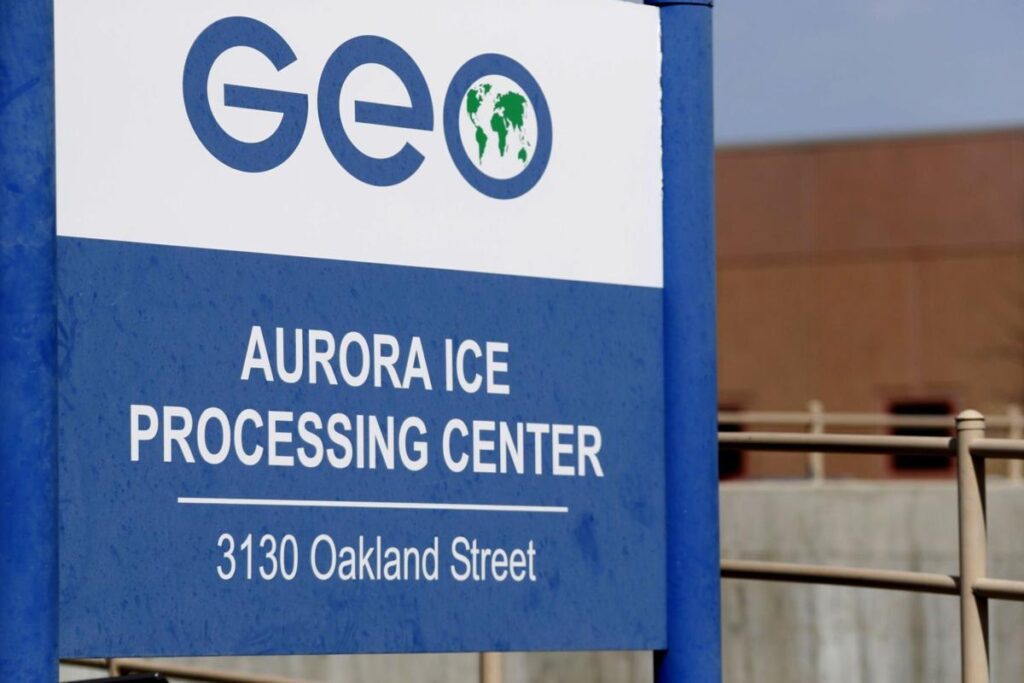‘Opportunity to level the playing field’: Federal judges deliver pro bono pitch to lawyers
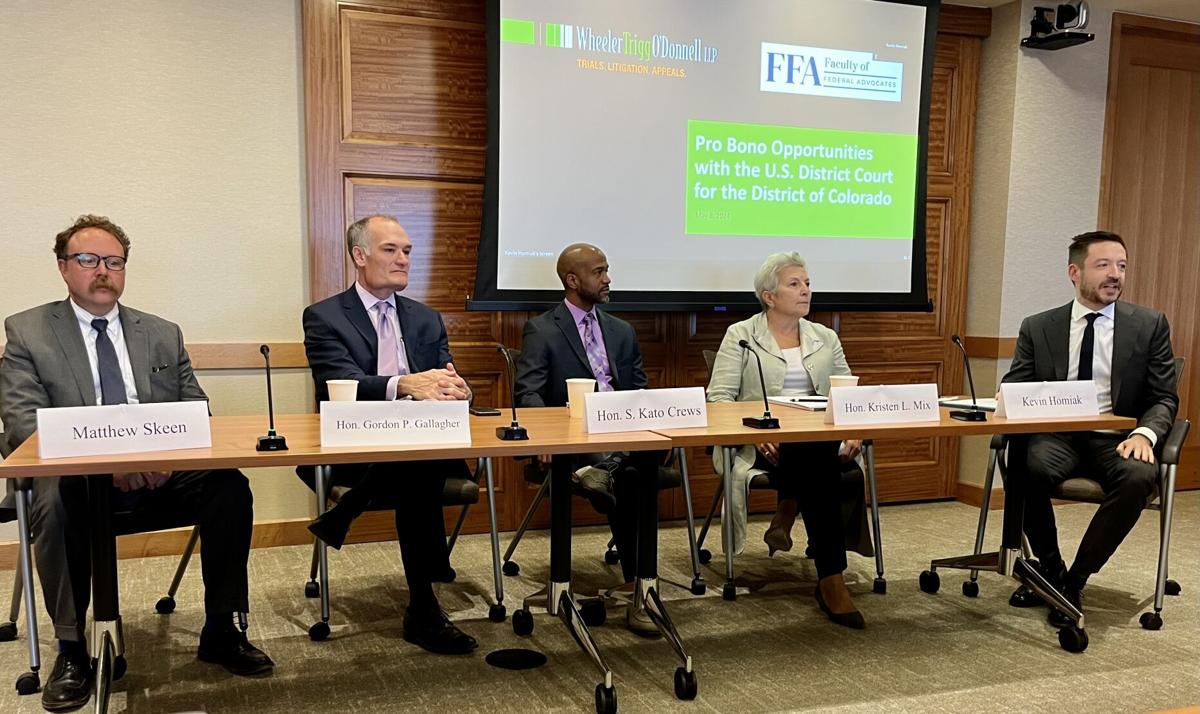
Attorney Matthew Skeen, U.S. District Court Judges Gordon P. Gallagher and S. Kato Crews, retired U.S. Magistrate Judge Kristen L. Mix and attorney Kevin Homiak speak on a panel about pro bono opportunities for lawyers at Colorado's federal trial court on May 8, 2024.
Michael Karlik michael.karlik@coloradopolitics.com
Two years ago, U.S. Magistrate Judge Kristen L. Mix faced a disturbing set of allegations from a prisoner in federal court.
The man, incarcerated at the Colorado State Penitentiary, alleged he was a prosecution witness in the trial of another inmate who committed murder. He asked to be housed in protective custody, but instead the prison transferred him into the same living unit as the alleged murderer. The other inmate recruited gang members to stab the man over 40 times.
Although officials placed the man in protective custody, they removed him back to the same living unit. Representing himself, he filed suit, alleging he was in danger of being killed or injured again and seeking a return to protective custody.
Mix granted the plaintiff’s request and the case later settled for $1.1 million. To her, the major factor in the plaintiff’s success was the intervention of a pro bono attorney.
“That’s the best example I can give you of all the difference a lawyer makes,” said Mix, who retired from the bench last August.
On Wednesday, Mix and U.S. District Court Judges Gordon P. Gallagher and S. Kato Crews — both recent appointees of President Joe Biden — spoke to an audience of lawyers about the various opportunities attorneys have in Colorado to involve themselves in the cases of “pro se” litigants, meaning those bringing suit on their own. The main barriers for pro se plaintiffs, the judges explained, were knowledge, lack of resources and systemic barriers.
“You can imagine the difficulty of a pro se prisoner trying to hire a medical expert. You may have a claim with a significant amount of merit. But even with that, if you have to get a medical expert, how are you gonna do that?” Gallagher said. “If you do make the phone call and you say to Dr. X, ‘I’m a prisoner. I’m at Sterling Correctional Facility. I’d like to hire you as an expert,’ it’s not hard to imagine the phone call wouldn’t even get through.”
Crews recalled presiding over a trial in which a self-represented plaintiff, suing her employer, called only one witness and rested her case. Crews explained to her that he could only base his decision on that one piece of testimony. But the plaintiff refused to take the stand herself, citing her Fifth Amendment right against self-incrimination — a protection aimed at criminal prosecutions. Crews wound up siding with the defendant.
“It makes all the difference in the world to have a lawyer doing the trial,” he observed.
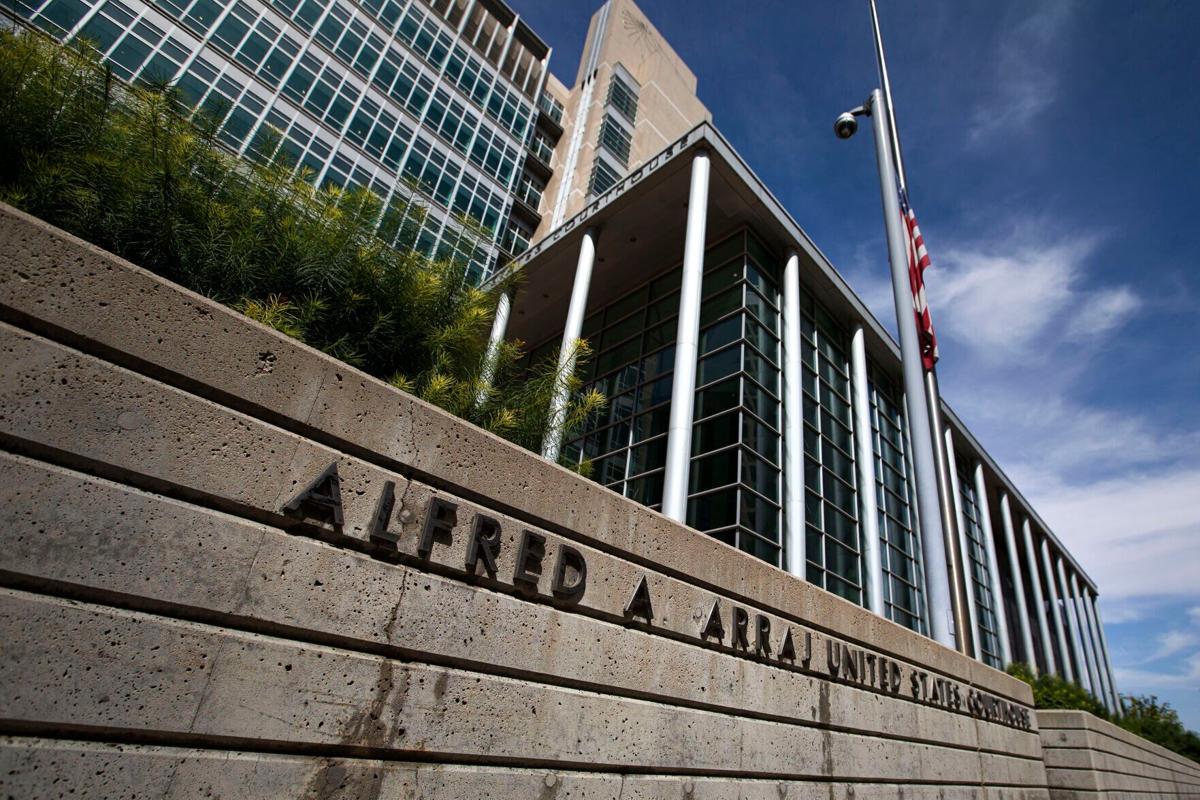
FILE PHOTO: The Alfred A. Arraj federal courthouse in Denver
Timothy Hurst, The Denver Gazette file

FILE PHOTO: The Alfred A. Arraj federal courthouse in Denver
Multiple types of assistance
In 2022, pro se litigants filed 1,125 cases in Colorado’s federal trial court, representing one-third of all civil cases. Judges authorized pro bono representation in 32 instances that year, mostly for civil rights matters. Slightly more than half resulted in a lawyer taking the case.
Plaintiffs who pay the filing fee have their cases assigned to a district judge or magistrate judge directly. For those plaintiffs who want to proceed without prepayment, including incarcerated litigants, the cases are screened by law clerks and designated judges to ensure the complaint states an actual claim.
Matthew Skeen, an attorney with the court’s pro se clinic, said lawyers speak with plaintiffs at all stages of their case. Sometimes, the discussions happen before a case is filed, preventing some lawsuits from entering federal court that do not belong there in the first place. Other times, attorneys can assist with more substantive questions.
Skeen described finding a prior court decision that was beneficial to a plaintiff litigating a civil rights case. He provided the ruling to the plaintiff, who then used it in front of the judge to argue against a motion to dismiss.
“These people are just so thankful for any support that they can get,” he said. “Every time I talk to people they say, ‘I have been calling lawyers for weeks and you’re the first person who will even let me tell my story.'”
Other programs allow lawyers to provide limited assistance for one occasion or, at the other end, fully take on a case pro bono. Mix launched a first-of-its kind pilot program shortly before her retirement enabling incarcerated plaintiffs at Fremont Correctional Facility to have a 20-minute phone call with a volunteer attorney to ask questions about their pending cases.
“Why Fremont? Really, it was because that’s what the Colorado Department of Corrections offered to us,” she said. Mix added there were specific logistical considerations, including how to get plaintiffs on the phone in the first place.
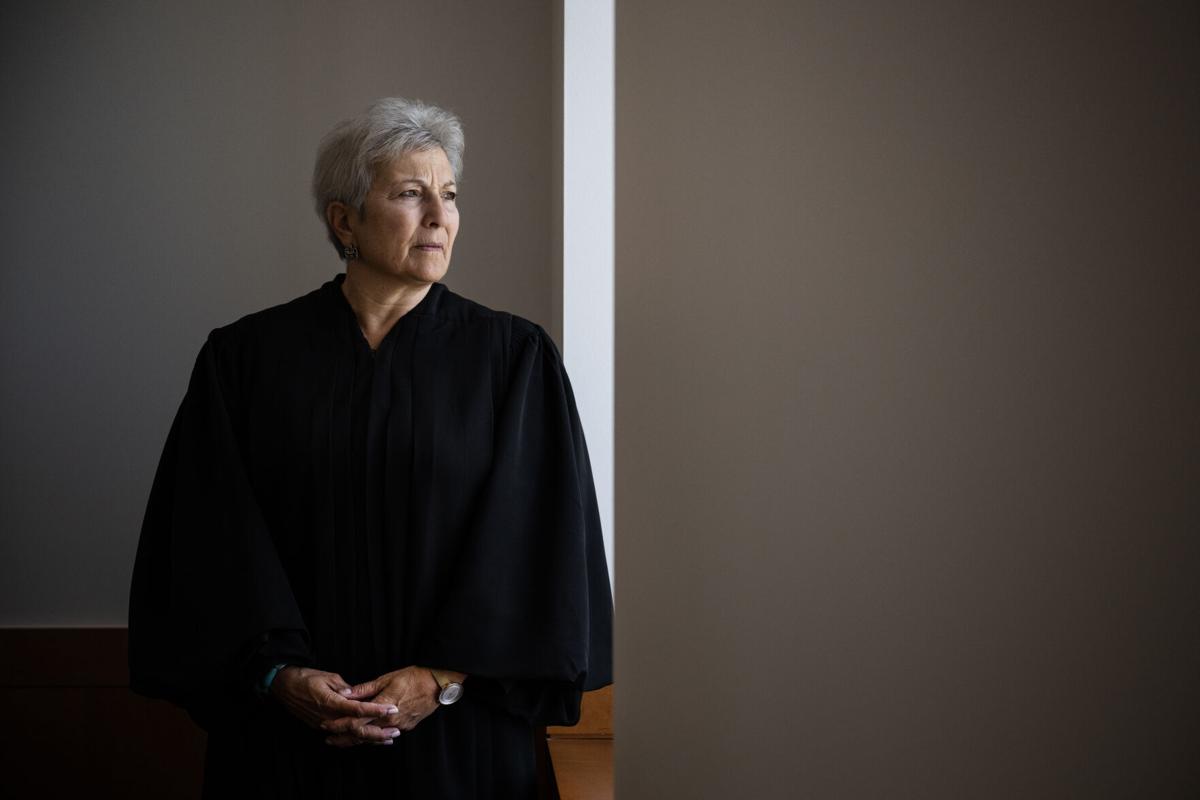
Magistrate Judge Kristen L. Mix stands for a portrait in her chambers at the Alfred A. Arraj United States Courthouse on Thursday, July 27, 2023, in Denver, Colo. (Timothy Hurst/Denver Gazette)
Timothy Hurst/Denver Gazette

Magistrate Judge Kristen L. Mix stands for a portrait in her chambers at the Alfred A. Arraj United States Courthouse on Thursday, July 27, 2023, in Denver, Colo. (Timothy Hurst/Denver Gazette)
“It’s not necessarily there’s a problem with attorney-client information, but it’s more of a problem with no distractions and getting to a phone on time,” she said. “If you have a phone call with an attorney at 10 o’clock on Tuesday and the phones are all taken, you’re waiting. And so is the lawyer.”
She elaborated that prisoners in Fremont have received forms to request a phone call, but none has been returned yet. The hardest part, Mix said, was meeting with prison officials and explaining “why it was a good idea we were gonna give the prisoners free lawyers to help the prisoners sue the prison.”
Getting trial experience
Gallagher noted that judges sometimes issue orders soliciting the participation of pro bono lawyers in certain cases. If a claim has no merit and needs to be “disposed of,” he explained, it would be detrimental to use limited pro bono resources on a case that will be dismissed.
“But I think a judge is often in a position to say this case would benefit from it, this person would benefit from it and, most importantly, justice would benefit from an attorney, so that this case can be on a little more even playing field,” Gallagher said.
The judges pointed out the vast majority of civil cases never reach trial, so lawyers might go years without experiencing one. Gallagher said judges are worried about that experience gap, as it does not benefit attorneys or clients.
Similarly, Crews said young lawyers may get jaded in the course of their careers, and volunteering to take on cases with merit is a way to refocus attention on facilitating justice.
“I like to think of this as an opportunity to level the playing field for individuals who have yet to experience level ground,” he said. “Here are opportunities to give that pro se litigant one moment of level ground by stepping in at that moment in time.”
The discussion was sponsored by the Faculty of Federal Advocates and the law firm of Wheeler Trigg O’Donnell.


